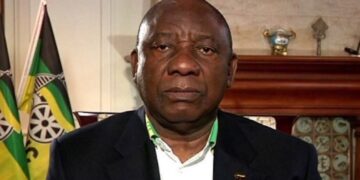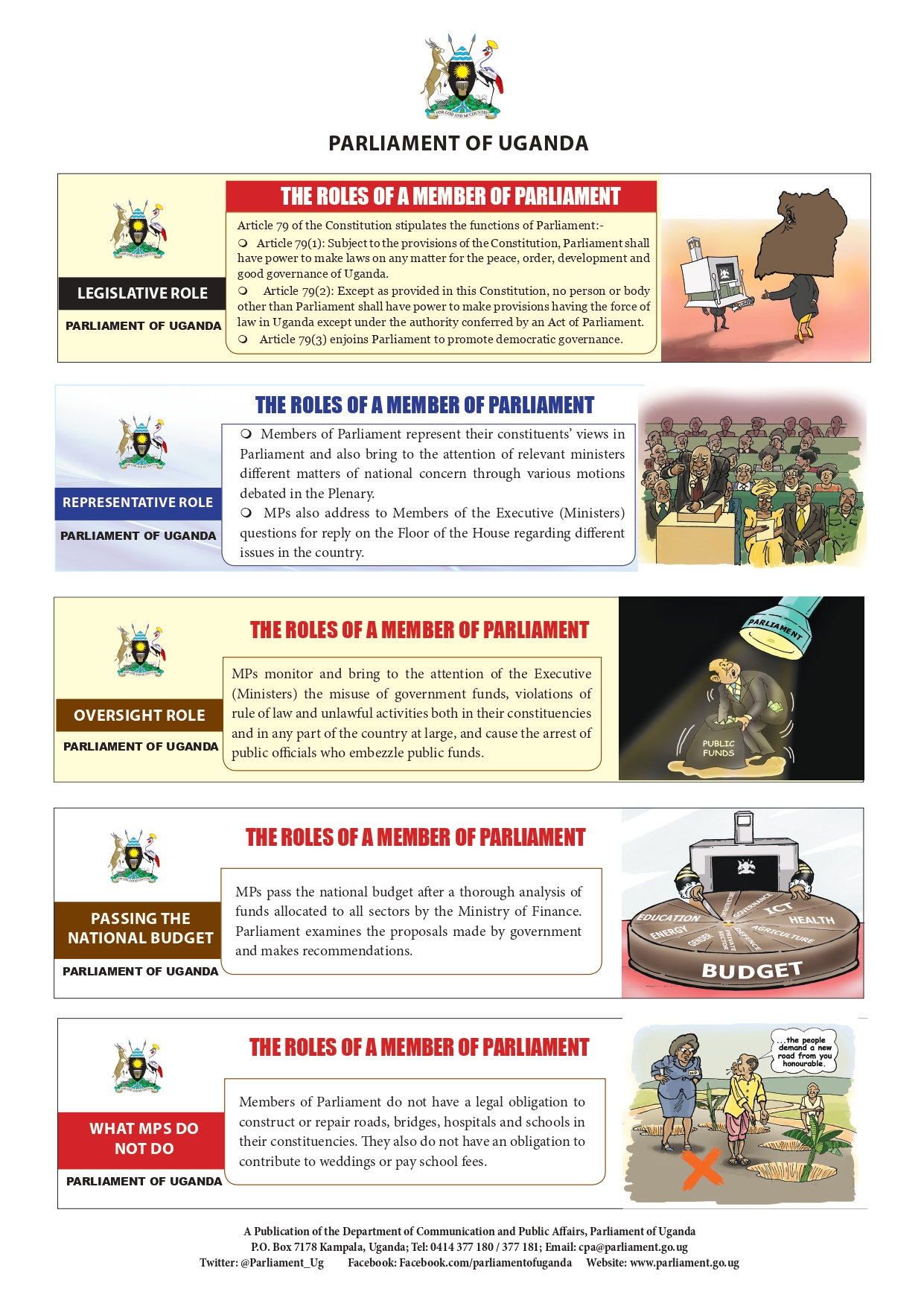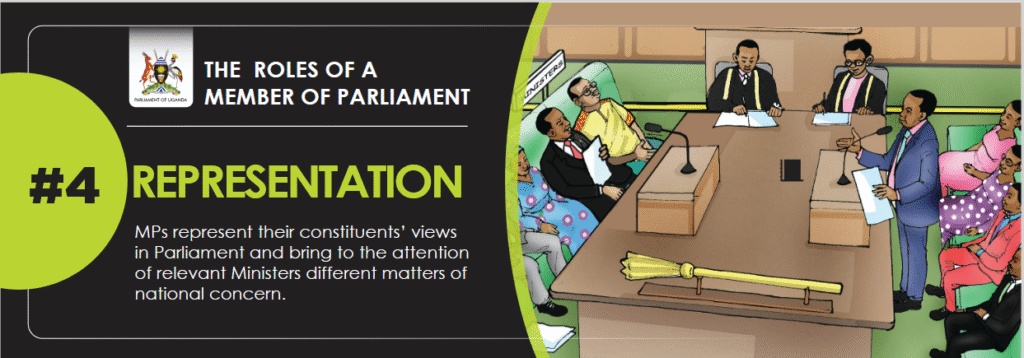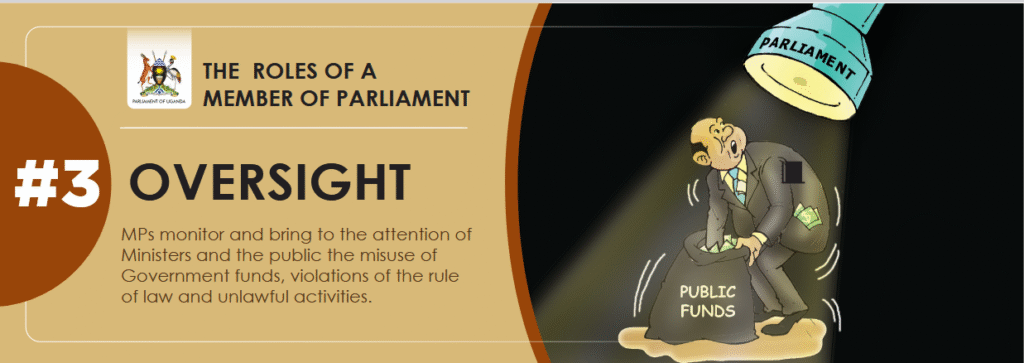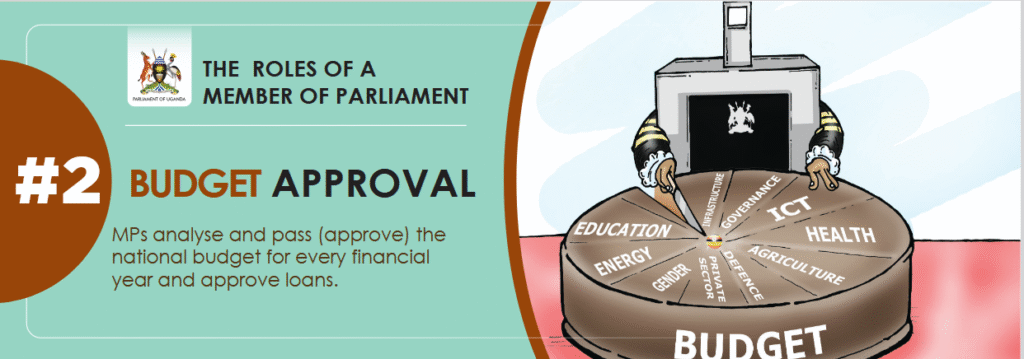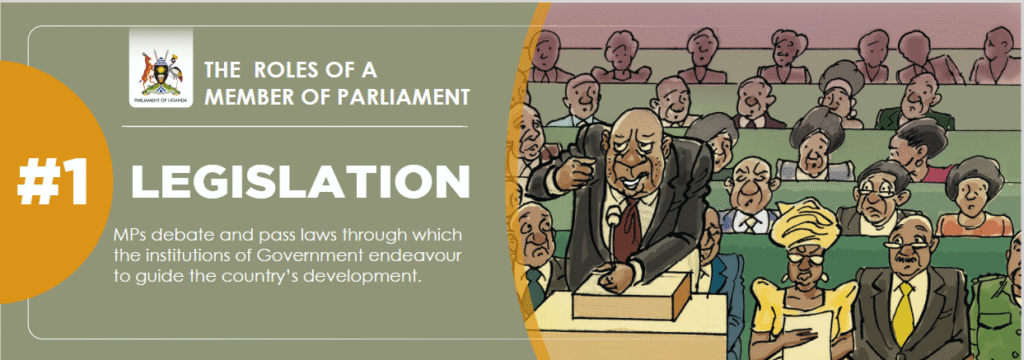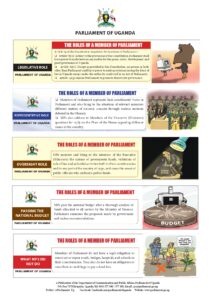The Government Chief Whip Hon Thomas Tayebwa has said members of the ruling National Resistance Movement (NRM) should desist from presenting bill proposals before parliament without seeking the party position.
Taremwa said all NRM MPs wishing to introduce private member’s bills in the 11th parliament should instead present draft proposals to the party caucus and possibly have them presented as government bills.
While speaking at the NRM party Caucus handover ceremony on Wednesday, Taremwa said the business of MPs wanting to be on record that they introduced bills in parliament wastes time for government business and must stop.
He said instead of having very many private member’s bills coming up, some at times MPs bringing bills with similar ideas, individual bills should be brought through the caucus because it wastes time for government business in parliament.
“Stop being selfish to say I am having this idea and I want to be on record as one who introduced a private member’s bill. No! Come, bring them to the party caucus and we adopt them as government” Hon Taremwa said.
He said this year, government has a very busy Legislative agenda with the august house projected to work on over 20 bills and processed by the party within the first year of parliament.
Taremwa also implored Chairpersons of parliamentary committees and MPs to expedite the processing of bills in order to execute more business in the house.
“This business of having bills spend a whole year or two years without being processed by parliament must stop especially government bills” he stated.
According to Hon Wilfred Niwagaba -a lawyer and Ndorwa East MP, blocking MPs from introducing private members bills is unconstitutional and illegal. An independent MP, Niwagaba who has tabled private bills before, says MPs can ignore the party’s position and introduce private bills as long as there is need.
The law permits a backbencher member of parliament to move and introduce a proposed law or an amendment to the law without necessarily consulting a political party. However, a proposed law must undergo scrutiny by parliament before it is enacted.


















